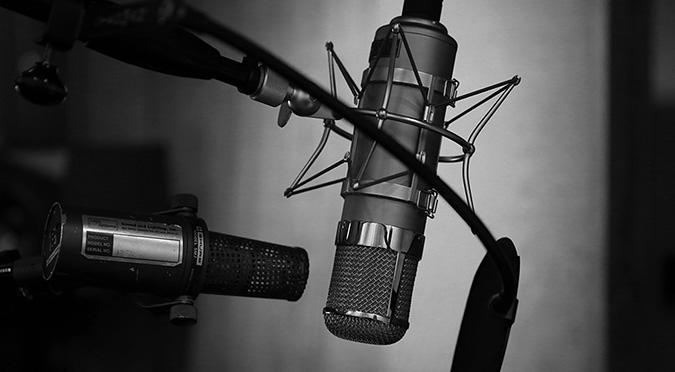
Dubbing has become a popular way of watching movies and TV shows in languages other than the original. However, few people know the fascinating history behind this practice. Dubbing has a long history that dates back to the early days of cinema. At the time, the movie industry was just starting to take off, and filmmakers were looking for ways to reach a wider audience. One solution was to dub films into other languages.
20s
The practice of dubbing began in the 1920s, and Germany was the first country to dub a foreign film. The German film industry was struggling, and dubbing was seen as a way to compete with the more popular American films. The first movie to be dubbed in German was "The Jazz Singer" in 1928. The film was a huge success, and dubbing quickly became popular in Germany.
30s - 50s
Dubbing also became popular in other countries, such as Italy, Spain, and France. In fact, the French became the pioneers of the dubbing industry in the 1930s, and they developed a highly skilled team of actors and technicians. By the 1950s, dubbing had become the norm in these countries, and many people preferred watching dubbed movies to subtitled ones.
60s
In the United States, dubbing was not as popular. Americans preferred to watch movies with subtitles, as they believed that dubbing altered the original performance and dialogue of the actors. However, in the 1960s, the popularity of foreign films began to increase, and some films were dubbed into English.
Today
Today, dubbing is a common practice around the world. The technology has improved, and dubbing is now of a much higher quality than it was in the past. Dubbing is still most popular in non-English speaking countries, but it has also become more common in English-speaking countries.
Dubbing has had a significant impact on the film industry. It has allowed movies and TV shows to reach a wider audience, and it has helped to promote cultural exchange. However, it has also been the subject of controversy. Some people argue that dubbing alters the original performance of the actors and that it can detract from the artistic integrity of the film. Others argue that dubbing is necessary to make films accessible to people who do not speak the original language.
In conclusion, dubbing is a practice that has a long and fascinating history. It has allowed movies and TV shows to reach a wider audience, and it has played an important role in promoting cultural exchange. While it has been the subject of controversy, dubbing has become an integral part of the film industry and will likely continue to be so in the future. If you need high-quality dubbing services you can ask professionals for help, such as GoPhrazy.
